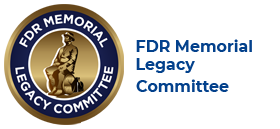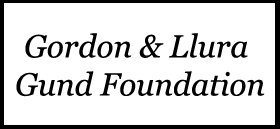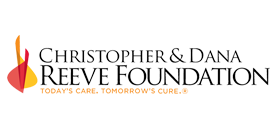Workshop at a Glance
The workshop will begin on Sunday evening upon the arrival of all participants with a social gathering. The workshop will conclude the following Saturday in time for afternoon or evening flights.
The workshop will be conducted with a variety of sessions including in person, via zoom, through panel discussion, pre-taped, and onsite.
Throughout the week topics to be covered include:
- The history of the disability rights movement
- What is Ableism?
- FDR's disability experience and impact on his leadership
- The FDR Wheelchair Statue Campaign
- FDR Presidential Library’s digital archives
- What is the role of public memorials?
- Application of Universal Design for Learning
- Teaching History Using Memorials to Multicultural Children
- The Influence of African Americans in the FDR Administration
- Japanese American Incarceration
We will make time for you to explore the wonderful city that Washington DC is. There will be free time and guided exploration of some iconic landmarks. You will visit the FDR Memorial, the Martin Luther King Memorial, the Tidal Basin and see many other sites along the way including the U.S. Capitol, and DC neighborhoods. We will provide tips for what to do and see in DC from real Washingtonians.
Participants in week 2 (July 23-29) will be able to attend the annual commemoration of the anniversary of the Americans with Disabilities Act held by the FDR Committee at the FDR Memorial.
SCHEDULE
These sessions are subject to change but are representative of the sessions that are being developed. Free time will be allocated along with other opportunities for group work and individual work.
Residential Project Dates: July 9-15, 2023; July 23-29, 2023







